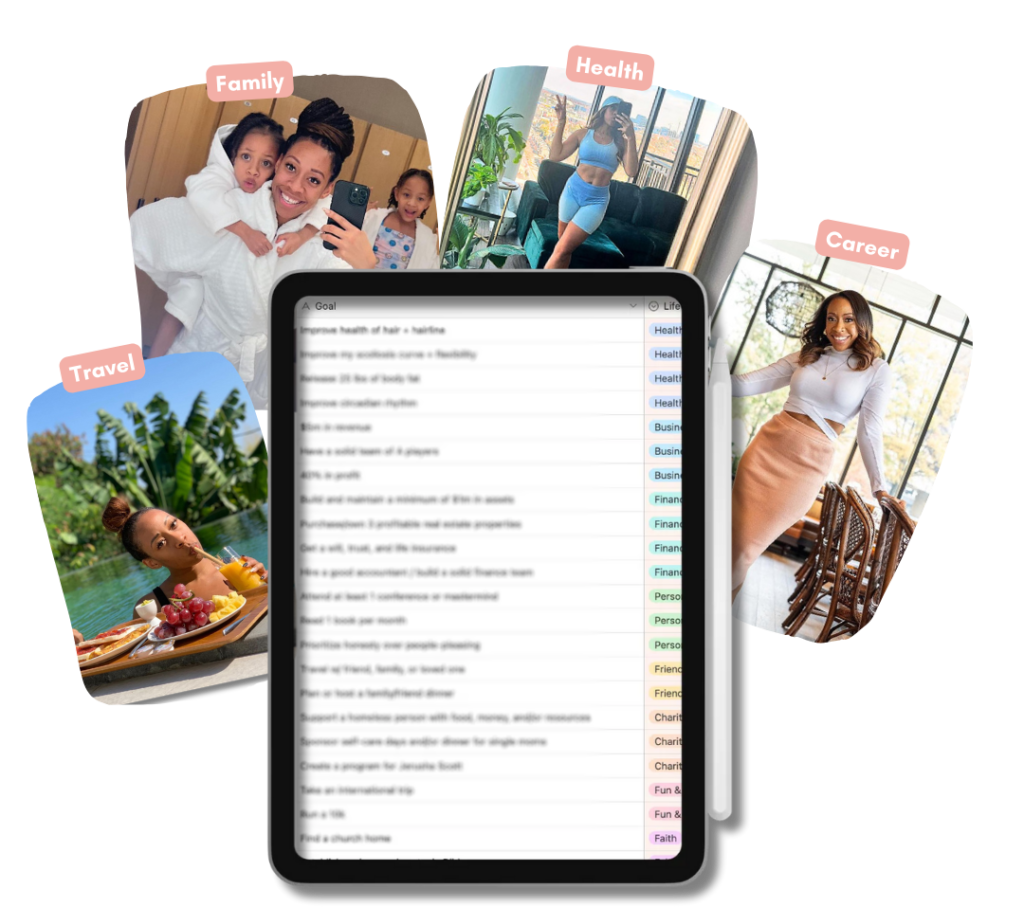
Back in high school, the only sport I was fairly good at was running track. I was atrocious at sprinting and the hurdles, but my time was pretty decent for the 800 meter run (2 laps around the track). I wanted to improve my time for the following season so I decided to work harder by joining the cross-country team. This helped me stay in shape during the fall and winter seasons.
When spring rolled back around, my time at the beginning of the season was a little bit better. I was happy with the progress I made, but I wanted to see some more improvement. Every time we met up with a new team, our coaches would always point out which runners from the opposing team to look out for. I began to study what they would do in order to get better times. Each runner had a similar routine; stretches and warm-ups they performed before running, specific tactics when the race began, the pace they ran for each lap, etc.
One of the main things I noticed was that they stayed as close to the inside lane as possible. The only time they ran on the outside lane was to pass another runner – and they were very strategic about when to pass. Staying on the inside lane created a slightly shorter distance which meant running a shorter time. That was working smart.
As a business owner, I use the same strategies I did in track as I do with my one on one clients. Working hard is tiresome with very little progress; working smart involves strategy and cuts down on time and energy. It’s about proper timing, creating a system, focusing on one thing at a time and allowing yourself a break. When I started my design business in 2008, I was busting my little tail. Keep working, keep working, keep working. I grew weary when my “income” remained stagnant. After watching how my mentor worked, I learned that I had to incorporate working hard with working smart to get better results.
Here are 5 tips to work smart:
1.Check your email 2-3 times a day.
Keeping my email tab open easily causes me to lose focus by checking on what’s not important at the time (40% off sales from Express, business tips from Manta, new Paypal notification, etc). To avoid those distractions, I now check my email 3 times a day. The first time is the moment I open my eyes in the morning. Maybe this is weird, but I like to know what my day will bring the moment I wake up. I check it again at my desk. This assists me with my things to do list – things like what files do I need to update, who I need to invoice, project requests I may need to respond to later on. The third time I check my email is around 2:30. People generally email me around 9:00 a.m. when their workday begins or in the afternoon following their lunch break. I used to avoid responding to emails because I knew it would cut into my time of what I had scheduled for the day, but I ended up forgetting to respond to potential clients all together. Now I respond to calls and e-mails quickly. Even if it’s as simple as “Thanks for reaching out to me about _____. I’m just noting that I received your email, and I’ll get back to you (this week or within 24 hours)”. Do your best to get back to people within 24 hours. They’ll appreciate the courtesy.
2. Don’t multitask.
It’s not realistic to be able to do more than one thing at the same time while giving it 100%. Yes, I can rub my belly and pat my head at the same time. But can I do both well? Not really. Work on one thing at a time and give it your full attention – that way at the end of the day you have at least one full thing completed rather than having 7 incomplete projects. I used to put a lot on my plate and try to do a million things at once. This caused me a lot of anxiety. I would wake up in the middle of the night when I knew I had a list of projects or assignments that were incomplete. Now that I create schedules for each project, it allows me to finish projects one at a time AND on time, plus I’m getting better sleep at night.
[Tweet “Check out this article on having a more productive business day.”]
3. Create a system.
I don’t believe in the “every successful entrepreneur wakes up at the crack of dawn” ideology. Sure, waking up at 5:30 a.m. may mean getting work done earlier, but as a creative, it’s easy to feel burnt out. If I wake up at 5:30, I feel overworked after 12-14 hours no matter what time I wake up. Hi, I’m human. 12+ hour workdays are tiring no matter who you are. Begin your workday at the time that works for you (and your customers). If you work 8-12 hours, decide what time you want your workday to end to determine when you start. I know that I want my workdays to end before 7 p.m., and I have clients that need things finalized by 5 p.m., so I wake up around 8 a.m. I check my email to see what will take priority for the day. I generally don’t have anything in my inbox until after 9:00 a.m. so for the first our or so, I read a devotional and/or some articles and then I type up my blog post in my phone’s notepad. Around 9:45 I go to my desk and create my things to do list (here’s how I create my content system). I try to put my blog post in a Word Document by 2:00 p.m. and make edits, find images and upload by 3:30 p.m. The last few hours of work usually consist of finalizing edits from work I started in the morning. When creating your system, establish a startup routine, a mid-day routine, and a wind down routine. It’s easy to get distracted once you hit the afternoon so every once in a while ask yourself “Is this how I want to be spending my time right now?” Treat your time with respect. Here’s 5 tips to spending your time wisely.
4. Read and educate yourself.
I want to be great at writing blog posts on living with purpose and building a successful brand so I read great blogs on living with purpose and building successful brands. Obvious enough. I also want to be a better entrepreneur and a better person so I read books by successful entrepreneurs and books on being a more positive person. I’m no longer enrolled in a college or university, but my homework involves researching experts who I find to be influential and then putting their teachings to work. Study how successful people in your field handle similar situations you encounter. How do they earn more money, deal with difficult clients, balance their workday, etc. Don’t be afraid to do your own research. I observe habits and strategies from business experts the same way I did in high school while watching my opponents run the 800.
5. Give yourself a break.
Being creative for 8-12 straight hours is nearly impossible (for me, at least.) If I don’t step away from my computer and look at something else other than work, I’ll crash. I’ll completely shut down everything I’m working on and go into ‘I don’t care’ mode, which is absolutely not good for business. To avoid moments like this, I work in 30-minute increments. I’ll focus on something for 30 minutes and then see how far I’ve come. After 30 minutes, I’ll take a 3-5 minute walk, FaceTime my sister, open a tab to check my Facebook or reply to text messages. You know when you say a word over and over and over again and it starts to sound weird? That’s what happens with my brain when I do something for too long. The word “fork” isn’t that weird until you say it 17 times in a row. Work isn’t all that bad until you’re at it for a consecutive hour without blinking and looking at something else. Take 5-minute mental breaks every 30 minutes to avoid shutting down.
Working hard is running around the outside lane of the track. It’s going to the gym but eating McDonald’s on the way home. Hard work is virtually pointless if you don’t work smart. What’s something you can change in your daily routine to work smarter?



I am definitely guilty of responding to emails ASAP or feeling like things are being neglected. It often takes away from the purpose of working and sometimes stalls me during projects. Love this article!
Thanks so much, Angel! It’s easy to want to respond to emails ASAP, but you’re right – it does take away from the purpose of working. Keep focused! 🙂
All very valuable tips, Maya. The one that resonates with me most is your point of creating a system. I’ve been reading tons of articles and even a couple books about early morning risers and how they’re able to get so much accomplished before (insert time here), which in turn, has caused me to want to change my wakeup time. This week, I’ve been waking up before 7am to see how productive I am. So far, so good. Ideally though, I’d like to wake up around 8 or 9am.